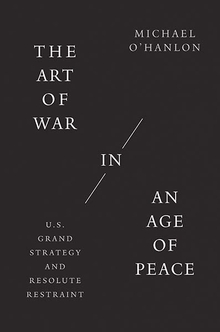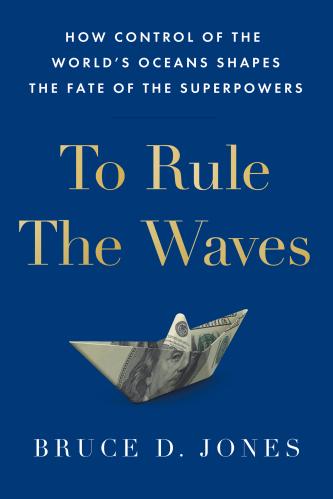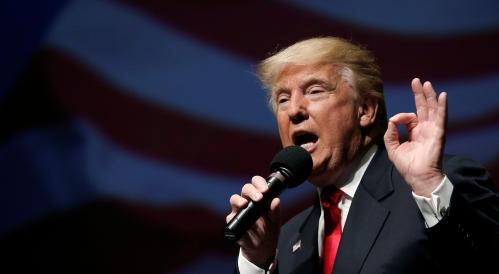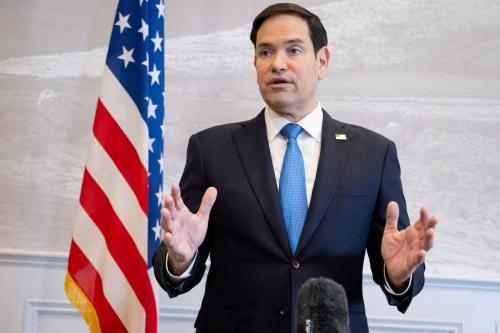According to the New York Times and many others, President-elect Donald Trump’s choices to head up his national security team to date include individuals outside the mainstream consensus of the Republican Party in particular, and U.S. foreign policymakers in general. That list includes retired Lt. General Mike Flynn, slated to be Mr. Trump’s national security advisor, a position that does not require Senate confirmation.
While I have some concerns about certain other choices Mr. Trump has made to date, and serious worries about his foreign policy instincts in general, the frequent critique that General Flynn’s worldview is somehow outside the reasonable bounds of normal American foreign policymaking is too strong and rather unfair.
General Flynn has, to be sure, been a controversial figure in recent months, and he has made a couple mistakes. While there is nothing wrong with talking to Vladimir Putin, General Flynn allowed himself to be seen being too publicly friendly to the Russian strongman, during a visit to Moscow some months ago. He was also wrong to egg on Trump supporters when they chanted “lock her up” about Hillary Clinton at various campaign rallies this year. And I am very skeptical that the United States should do as Flynn suggests and extradite Fethullah Gülen, the leader of a large but politically rather harmless and nonviolent, movement to Turkey just to assuage President Recep Tayyip Erdoğan there. To be sure, Flynn will have to polish his game and improve some of his judgments now that he is stepping into such a monumentally important job. But others have had to do the same when taking on such a weighty position.
But Flynn has lots going for him, beyond the simple but crucial fact that he and Trump clearly have a good relationship. I know him well, especially from my dealings with him on Afghanistan over the years. He was always serious, and far from extreme in his views there. What I remember most was his open-mindedness—to the views of others, to dynamics on the battlefield, to new information, to our overall prospects for the mission there. He was always sober, and generally prescient, in what he saw coming. He was neither fatalistic nor Pollyannaish. And he was willing to break china to improve how we did business in the International Security Assistance Force (ISAF) mission in Afghanistan, in terms of challenging our own organizational methods and intellectual paradigms. I expect that he will encourage entrepreneurial thinking in regard to the broader “war on terror” in his new national security advisor job as well.
After leaving that job, General Flynn became director of the Defense Intelligence Agency. He was a disruptive force there as well—perhaps in both good and bad ways. Some found his management style ineffectual, though it is always easy to find anonymous critics of any leader, so I take those points with a grain of salt. While there, he continued his emphasis on trying to focus more intelligence work on field operations. He also accurately assessed that ISIS, and the extremist/Salafi threat in general, was more serious than the Obama administration recognized. Alas, Flynn has been proven correct on this point.
I wish Flynn had never said that Islam itself should be feared. He should not repeat that line; in fact, he should clarify and correct his earlier comment to that effect. But he was right that elements of prominent Islamist extremist thought are dangerous. In his frustration with conventional thinking of the time, he was too blunt, and let his anger get a bit carried away. But the larger context for this mistake on his part was a situation in which he correctly diagnosed a looming problem that others were missing, and that had serious national security implications for the United States. I am willing to cut him a little slack under such conditions.
General Flynn is going to have to learn, and grow, in his new job, to be sure. But he has many more strengths in his effort to do so than he is currently being given credit for.
The Brookings Institution is committed to quality, independence, and impact.
We are supported by a diverse array of funders. In line with our values and policies, each Brookings publication represents the sole views of its author(s).









Commentary
Give Flynn a chance
November 21, 2016